Related Research Articles

Samuel Huntington was a Founding Father of the United States and a lawyer, jurist, statesman, and Patriot in the American Revolution from Connecticut. As a delegate to the Continental Congress, he signed the Declaration of Independence and the Articles of Confederation. He also served as President of the Continental Congress from 1779 to 1781, President of the United States in Congress Assembled in 1781, chief justice of the Connecticut Supreme Court from 1784 to 1785, and the 18th Governor of Connecticut from 1786 until his death. He was the first United States governor to have died while in office.
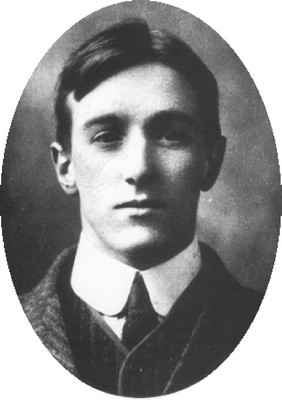
Robin George Collingwood was an English philosopher, historian and archaeologist. He is best known for his philosophical works, including The Principles of Art (1938) and the posthumously published The Idea of History (1946).
Sir Stuart Newton Hampshire was an English philosopher, literary critic and university administrator. He was one of the antirationalist Oxford thinkers who gave a new direction to moral and political thought in the post-World War II era.
Quentin Robert Duthie Skinner is a British intellectual historian. He is regarded as one of the founders of the Cambridge School of the history of political thought. He has won numerous prizes for his work, including the Wolfson History Prize in 1979 and the Balzan Prize in 2006. Between 1996 and 2008 he was Regius Professor of History at the University of Cambridge. He is the Emeritus Professor of the Humanities and Co-director of The Centre for the Study of the History of Political Thought at Queen Mary University of London.

Svyatoslav Nikolayevich Fyodorov was a Russian ophthalmologist, politician, professor, full member of the Russian Academy of Sciences and Russian Academy of Medical Sciences. He is considered to be a pioneer of refractive surgery. He was also one of the candidates in the 1996 Russian presidential election, running as a member of the Party of Workers' Self-Government.

Ivor Norman Richard Davies is a British and Polish historian, known for his publications on the history of Europe, Poland and the United Kingdom. He has a special interest in Central and Eastern Europe and is UNESCO Professor at the Jagiellonian University, professor emeritus at University College London, a visiting professor at the Collège d'Europe, and an honorary fellow at St Antony's College, Oxford. He was granted Polish citizenship in 2014.
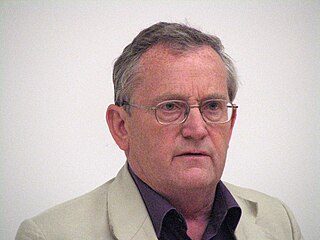
Robert John Service is a British historian, academic, and author who has written extensively on the history of the Soviet Union, particularly the era from the October Revolution to Stalin's death. He was until 2013 a professor of Russian history at the University of Oxford, a Fellow of St Antony's College, Oxford, and a senior Fellow at Stanford University's Hoover Institution. He is best known for his biographies of Vladimir Lenin, Joseph Stalin, and Leon Trotsky. He has been a fellow of the British Academy since 1998.
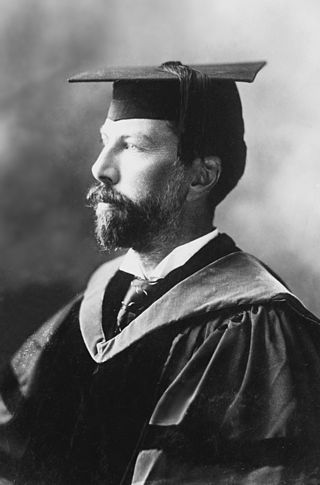
Arthur Twining Hadley was an American economist who served as President of Yale University from 1899 to 1921.
Clarence Crane Brinton was an American historian of France, as well as an historian of ideas. His most famous work, The Anatomy of Revolution (1938) likened the dynamics of revolutionary movements to the progress of fever.

Joseph Raz was an Israeli legal, moral and political philosopher. He was an advocate of legal positivism and is known for his conception of perfectionist liberalism. Raz spent most of his career as a professor of philosophy of law at the University of Oxford associated with Balliol College and was latterly a part-time professor of law at Columbia University Law School and a part-time professor at King's College London. He received the Tang Prize in Rule of Law in 2018.
Carl Neumann Degler was an American historian and Pulitzer Prize-winning author. He was the Margaret Byrne Professor of American History Emeritus at Stanford University.
Partha Chatterjee is an Indian political scientist and anthropologist. He was the director of the Centre for Studies in Social Sciences, Calcutta from 1997 to 2007 and continues as an honorary professor of political science. He is also a professor of anthropology and South Asian studies at Columbia University and a member of the Subaltern Studies Collective.
David Morris Potter was an American historian specializing in the study of the American South and the American Civil War.
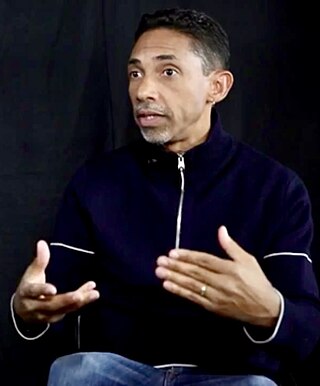
Robin Davis Gibran Kelley is an American historian and academic, who is the Gary B. Nash Professor of American History at UCLA.

Norman M. Naimark is an American historian. He is the Robert and Florence McDonnell Professor of Eastern European Studies at Stanford University, and a senior fellow at the Hoover Institution. He writes on modern Eastern European history, genocide, and ethnic cleansing in the region.

Dr. Ravi Shankar is an American poet, editor, and former literature professor at Central Connecticut State University and City University of Hong Kong and Chairman of the Asia Pacific Writers & Translators (APWT). He is the founding editor of online literary journal Drunken Boat. He has been called "a diaspora icon" by The Hindu and "one of America's finest younger poets" by former Connecticut poet laureate Dick Allen.
Ronald Grigor Suny is an American historian and political scientist. Suny is the William H. Sewell Jr. Distinguished University Professor of History at the University of Michigan and served as director of the Eisenberg Institute for Historical Studies, 2009 to 2012 and was the Charles Tilly Collegiate Professor of Social and Political History at the University of Michigan from 2005 to 2015, and is Emeritus Professor of political science and history at the University of Chicago.
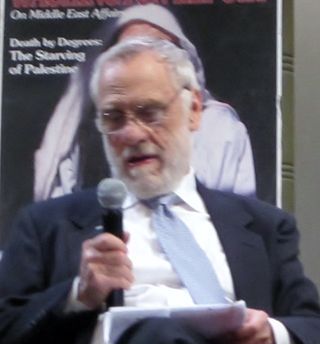
Norton Mezvinsky was an American historian, professor, and author. He was a Distinguished University Professor, Emeritus, Central Connecticut State University, and was the president of the International Council for Middle East Studies, an academic think tank in Washington, D. C. He has written numerous published books, articles, and book reviews that deal with various aspects of the Arab-Israeli conflict and Zionism.

Jacob M. Landau was Professor Emeritus in the Department of Political Science at the Hebrew University of Jerusalem.
Roman Szporluk is a Ukrainian-American political scientist and historian. He is a professor emeritus at Harvard and the University of Michigan. He has written several books and many papers. He is the father of poet Larissa Szporluk and novelist Ben Vendetta.